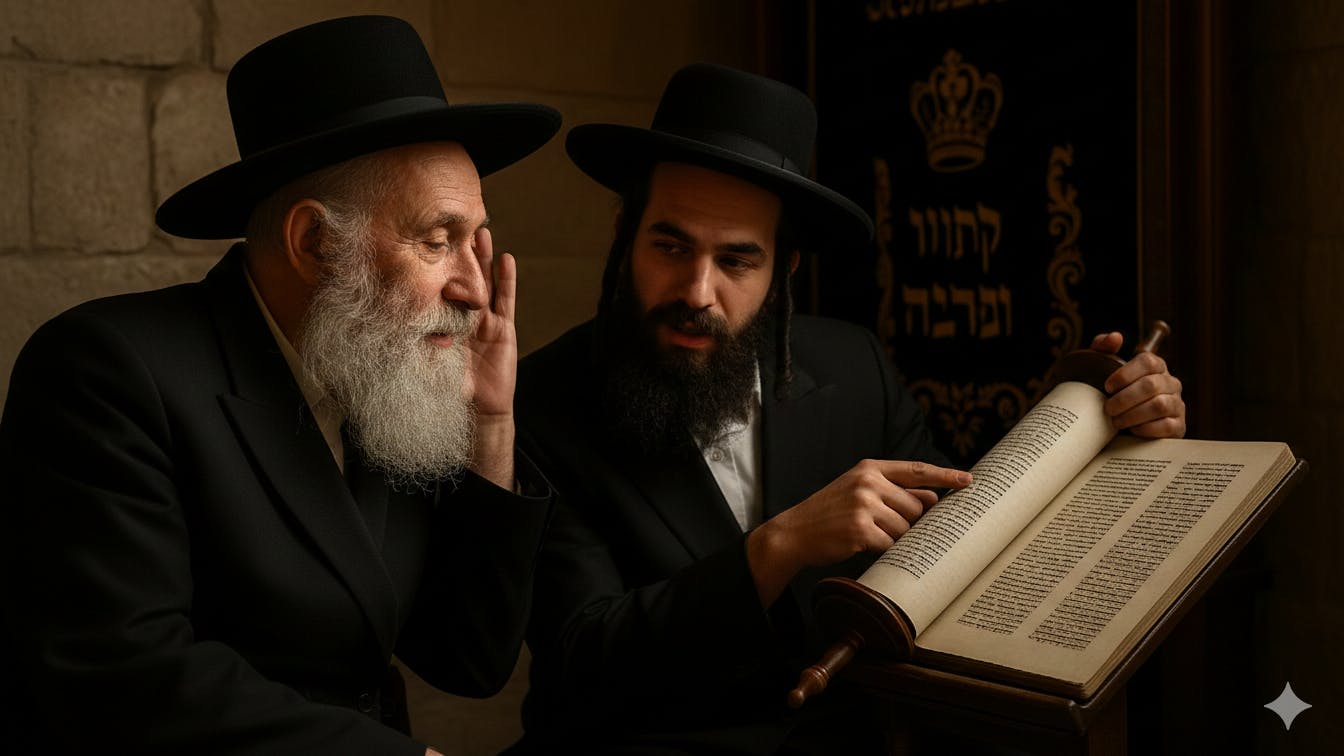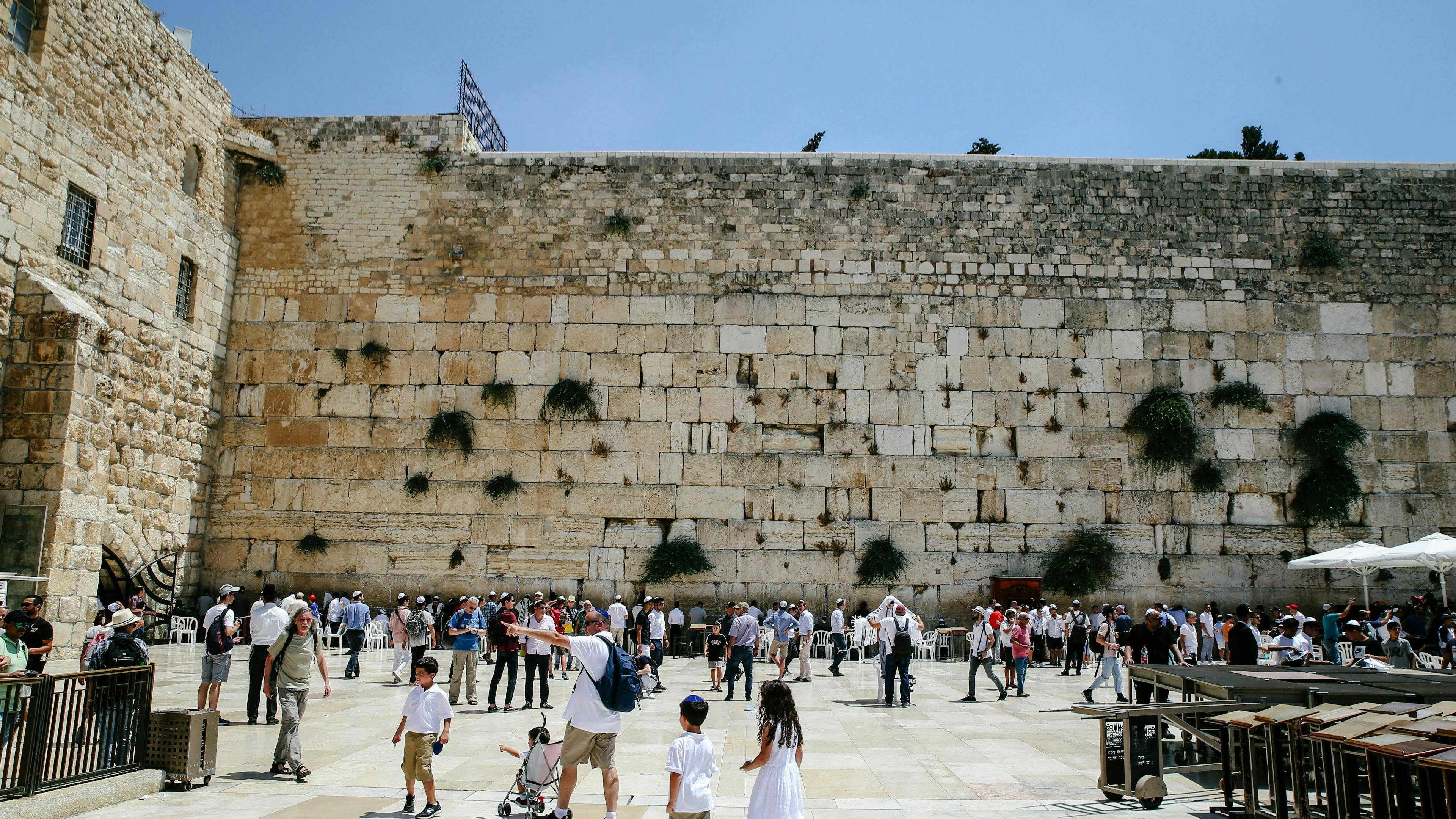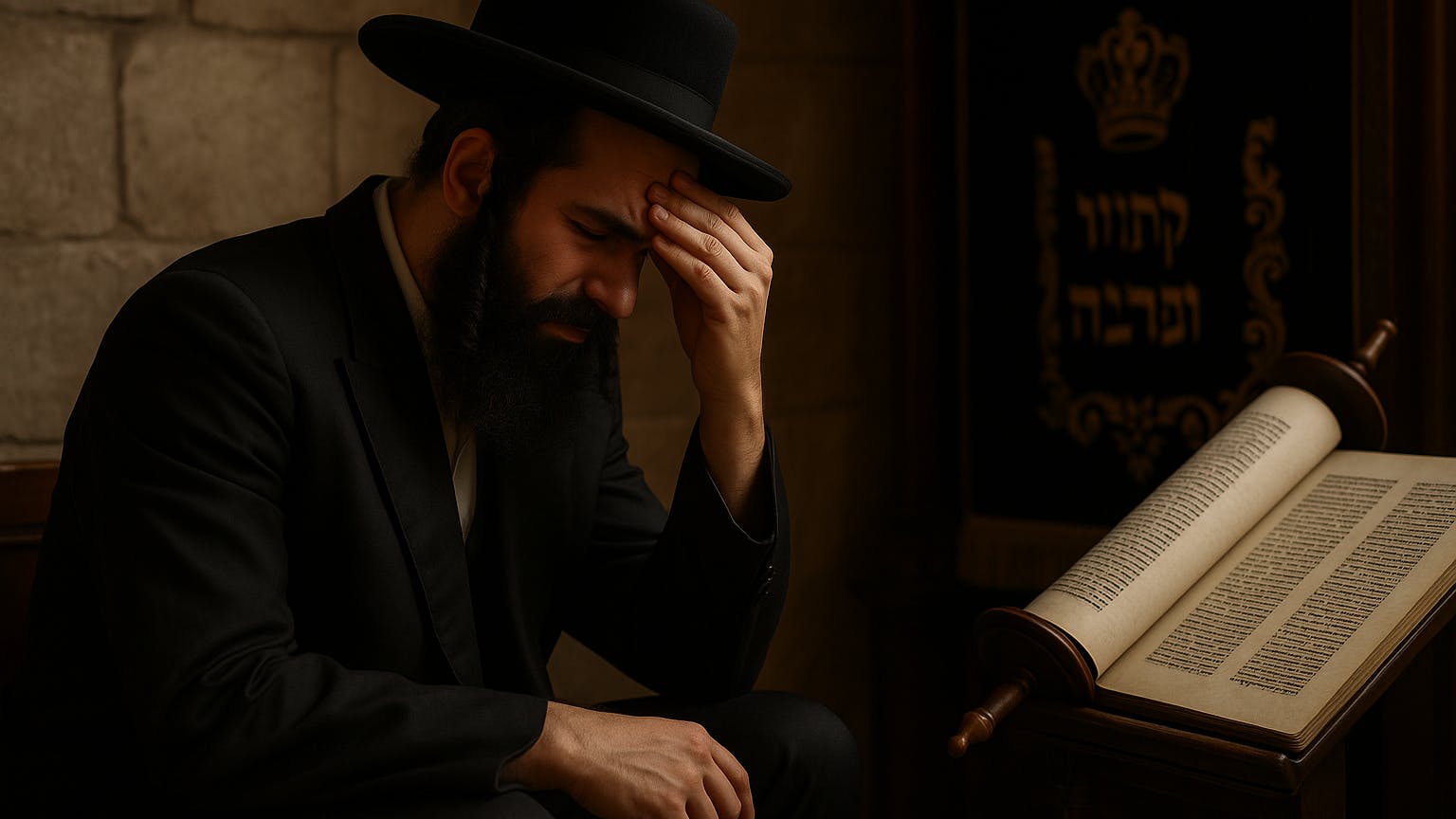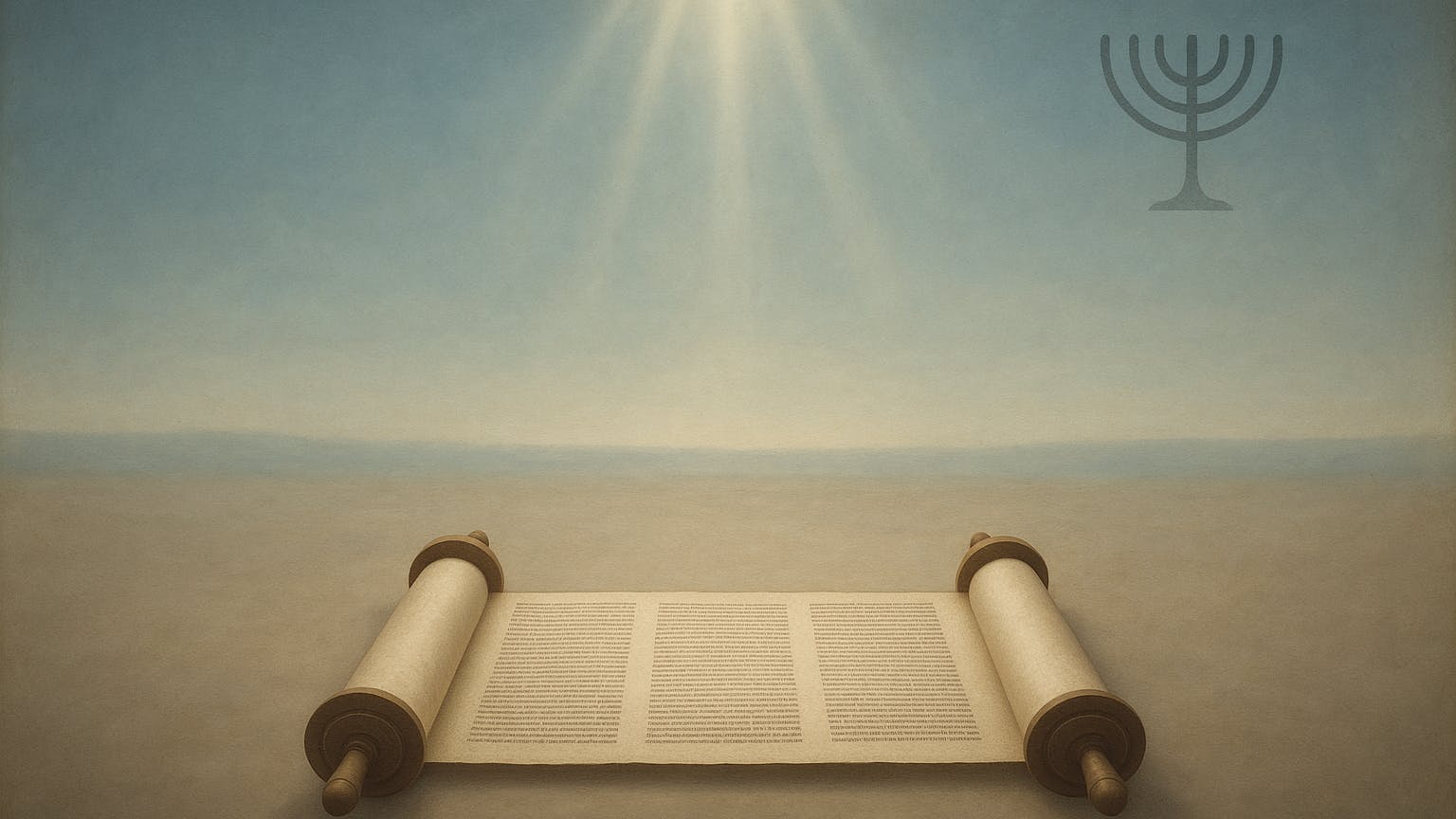Today, Jewish communities celebrate Shavuot by lighting candles, eating dairy foods, synagogue attendance, and an all-night Torah study on the first night. However, this emphasis on Torah learning can overshadow the fact that current Shavuot practices largely significantly diverge from the original Biblical instructions provided by God in the Torah. What if something profound has been lost along the way—the original heart of what God commanded for this feast? Let’s consider how.
What God Actually Required
When we turn to the Hebrew Scriptures themselves, we discover that Shavuot was fundamentally about offerings. God commanded the children of Israel to bring specific sacrifices: two wave loaves of leavened bread, the olot (burnt offerings) of seven unblemished lambs, one young bullock, the minchah (grain offering), the chattat (sin offering), the zevach shelamim (peace offerings), and an additional wave offering. These requirements are detailed in Leviticus 23:15-22 and Numbers 28:26-31. The Lord concludes this passage in Leviticus with the following instructions to the Israelites:
Leviticus 23:21-22
"And ye shall proclaim on the selfsame day, that it may be an holy convocation unto you: ye shall do no servile work therein: it shall be a statute for ever in all your dwellings throughout your generations. And when ye reap the harvest of your land, thou shalt not make clean riddance of the corners of thy field when thou reapest, neither shalt thou gather any gleaning of thy harvest: thou shalt leave them unto the poor, and to the stranger: I am the Lord your God."
Why We Needed These Offerings
The uncomfortable truth is that we all need these offerings because of our separation from God. The Hebrew Scriptures are clear about humanity's condition, as we read in Psalm 14:1-3:
"The fool hath said in his heart, There is no God. They are corrupt, they have done abominable works, there is none that doeth good. The Lord looked down from heaven upon the children of men, to see if there were any that did understand, and seek God. They are all gone aside, they are all together become filthy: there is none that doeth good, no, not one."
Psalm 143:2 confirms this reality:
"And enter not into judgment with thy servant: for in thy sight shall no man living be justified."
We cannot earn God's favor through our own religious observance or moral efforts. We are all guilty before Him.
The End of the Old System
The festival's original focus centered significantly on these offerings, which were brought first to the tabernacle and later to the Temple in Jerusalem. Following the Temple's destruction in 70 CE by the Romans, the sacrificial system could no longer be maintained in its biblical form. The Hebrew Scriptures themselves prophesied that this sacrificial system would come to an end. Daniel 9:27 speaks of the Messiah:
"And he shall confirm the covenant with many for one week: and in the midst of the week he shall cause the sacrifice and the oblation to cease, and for the overspreading of abominations he shall make it desolate, even until the consummation, and that determined shall be poured upon the desolate."
When the Temple was destroyed in 70 CE, it wasn't just a tragedy—it was the fulfillment of prophecy. The old system had served its purpose.
Shavuot Points to Someone Greater
But here's what's remarkable: these offerings weren't random requirements. They formed a pattern, pointing forward to someone who would fulfill what they could only symbolize.
The practice of sacrificial offerings reaches back to the very beginning, to Cain and Abel in Genesis 4. ‘Abel, he also brought of the firstlings of his flock and of the fat thereof. And the LORD had respect unto Abel and to his offering’ (Genesis 4:4). He offered a more excellent sacrifice than Cain (Hebrews 11:4). The LORD had respect to him and his offering, his deeds being righteous, unlike Cain’s (1 John 3:12). Even then, God was showing us that the right kind of offering matters.
These biblical offerings were meant to point forward to the Messiah. The purpose of the meat or food offering or kholah, was to point toward one, the Messiah, who would offer himself to God. In explaining the purpose of the offerings, Hebrews 9:14 speaks of this as the Messiah, Jesus Christ:
Hebrews 9:14
“How much more shall the blood of Christ, who through the eternal Spirit offered himself without spot to God, purge your conscience from dead works to serve the living God?”
The Messiah's Willing Sacrifice
It was about the Messiah’s willing obedience as well as God’s will to send him into the world in order to redeem his people. In Psalm 40, we hear the Messiah's own voice:
"Sacrifice and offering thou didst not desire; mine ears hast thou opened: burnt offering and sin offering hast thou not required. Then said I, Lo, I come: in the volume of the book it is written of me, I delight to do thy will, O my God: yea, thy law is within my heart."
Yet Jesus was not merely sent, he voluntarily did the will of his Father. In this way, he puts us in mind of the meat or food offering. Ephesians 5:2 reads:
And walk in love, as Christ also hath loved us, and hath given himself for us an offering and a sacrifice to God for a sweetsmelling savour.
The chattat (sin offering) also finds its ultimate meaning in Isaiah 53:10:
"Yet it pleased the Lord to bruise him; he hath put him to grief: when thou shalt make his soul an offering for sin, he shall see his seed, he shall prolong his days, and the pleasure of the Lord shall prosper in his hand."
The New Testament makes this crystal clear in 2 Corinthians 5:21:
"For he hath made him to be sin for us, who knew no sin; that we might be made the righteousness of God in him."
The Promise of Forgiveness
Thus all the offerings pointed forward to Jesus — and indeed, this was their very purpose. We have a need for offerings because our sin has separated us from God. We cannot please God through our observance of Torah laws and avoidance of sins, because we are all guilty of sin. Yet forgiveness and acceptance is promised to those who God declares righteous, in Psalm 32:1-2:
Psalm 32:1-2
Blessed is he whose transgression is forgiven, whose sin is covered. Blessed is the man unto whom the Lord imputeth not iniquity, and in whose spirit there is no guile.
The Real Message of Shavuot
It is Jesus Christ the Messiah who fully covers our sins through his offering up of himself in a cross, in a way that the blood of animals never could. Those offerings were only ever meant to point towards the Messiah. Shavuot is not about traditions so much as recognizing our need for a perfect sacrifice and finding that sacrifice in Jesus Christ, the Jewish Messiah. The purpose of Shavuot then was to show us Jesus Christ, the Son of God, the Jewish Messiah, who died in the place of sinners, and was raised to life on the third day.
The true meaning of Shavuot is found in Him.
More Topics
You might alsoo be interested in these topics.




